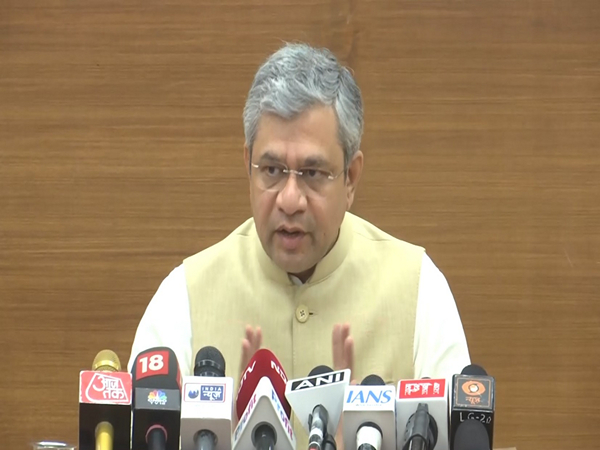China lacks trust among Southeast Asians due to contempt for region's autonomy, inclusion
Jun 21, 2022

Singapore, June 21 : China lacks trust among Southeast Asians due to its contempt for the region's autonomy and inclusion, according to a study.
Despite its enormous contribution to the regional economy, China was found to be the least trusted country in the area in a recent study of Southeast Asian elites conducted by Singapore's ISEAS-Yusof Ishak Institute. According to the same study, the US is the second-most trusted partner, after only Japan, reported The Singapore Post.
The long-awaited summit in Washington last month between US President Joe Biden and eight Southeast Asian leaders has placed China on high alert.
Despite the former's lacklustre economic outputs, the US obtained ASEAN's backing for the elevation of its diplomatic status to "comprehensive strategic partnership."
China, on the other hand, has long suffered from a lack of trust among Southeast Asians. Why doesn't China elicit the same level of trust if it can deliver what the US lacks in Southeast Asia?, questioned The Singapore Post.
Beijing's initial assumption is that Southeast Asian countries are prepared to sacrifice their autonomy in order to enhance economic development. Indeed, China's regional policy is based on incorrect assumptions about how diplomacy operates in Southeast Asia.
What Chinese authorities fail to recognise is that Southeast Asians will not give up their autonomy just to achieve economic goals.
Decades of foreign interference and resistance to colonial control have rendered sovereignty sacred. Maintaining autonomy has always been the primary objective of regional statecraft, reported The Singapore Post.
China's economic influence surpasses its regard for the sovereignty of Southeast Asian countries, and the boom in Chinese economic participation has coincided with expansionism.
China's trade volume with the Association of Southeast Asian Nations (ASEAN) members has nearly quadrupled from USD 443 billion in 2013 to USD 878 billion in 2021.
At the same time, since President Xi Jinping initially promoted his "neighbourhood diplomacy" in 2013, Beijing has erected nearly 3,200 acres of artificial landmass and completely militarised at least three islands in the South China Sea.
China's plan tries to boost its economic credentials while also "subduing other troublesome parts of its conduct, especially in the South China Sea," according to Hoang Thi Ha of the ISEAS-Yusof Ishak Institute.
The effects have been just the opposite: China's heavy-handed approach has rendered the country incapable of using its economic clout as a source of trust.
Southeast Asians, who live only a few blocks away, have seen how China has penalised other countries, like the rash penalties imposed on Australia. It's no wonder that neighbouring countries are sceptical of Beijing's intentions in the South China Sea.
China's second erroneous assumption is that Southeast Asian nations are prepared to bow completely to the sphere of influence of a single power -- as long as it benefits them, reported The Singapore Post.
Aside from economic incentives, China has added "discourse powers" into its regional strategy. Xi has invented a number of diplomatic phrases emphasising "commonality" among allies, including the "Community of Common Destiny" and, more recently, the "Global Security Initiative."
These narratives, however, simply convey the idea that China wishes to establish an exclusive alliance in which Southeast Asian countries are subject to China's hierarchical supervision.
Regional leaders will never forget when then-Chinese Foreign Minister Yang Jiechi said at an ASEAN Regional Forum conference in Hanoi in 2010: "China is a giant nation, and other countries are tiny ones, and that's just a reality."
Southeast Asian nations want an open and inclusive regional system that allows them to maximise their national freedoms, while China's policy runs counter to this purpose.
This includes China's insistence on limiting foreign (i.e. Western) military presence in the South China Sea through the negotiation of a Code of Conduct, as well as other efforts to limit one's influence in the region
It is difficult to woo Southeast Asian countries while endangering the ideals that support their favoured type of democracy.




















